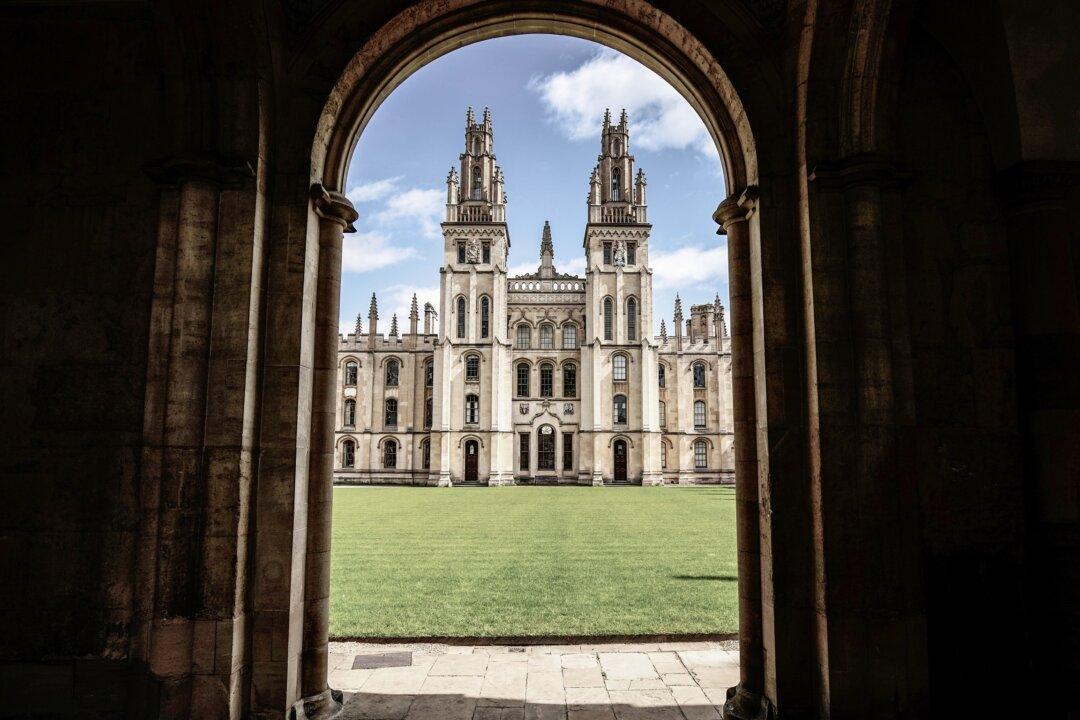Britain’s leading research universities have received at least £281 million in anonymous donations since 2017, including from overseas donors, an investigation has found.
Analysis of financial contributions to Russell Group universities—a group of 24 members that includes the University of Oxford and the University of Cambridge—was conducted by openDemocracy.





